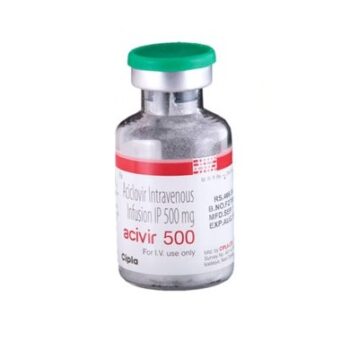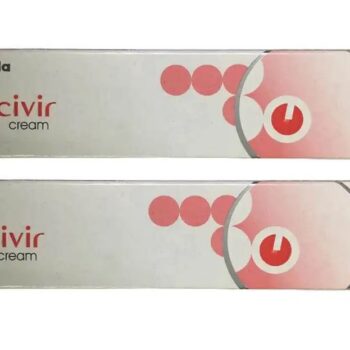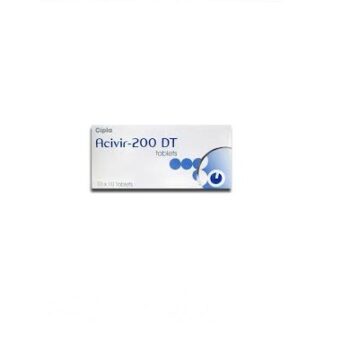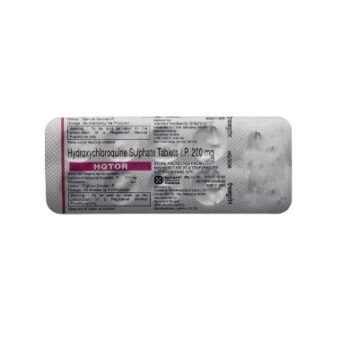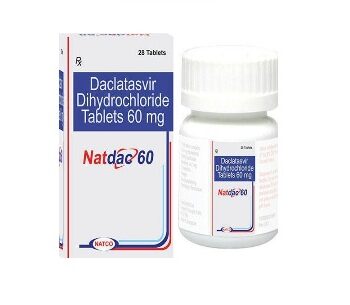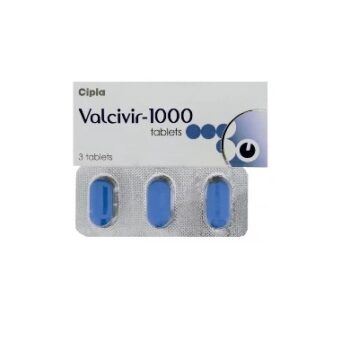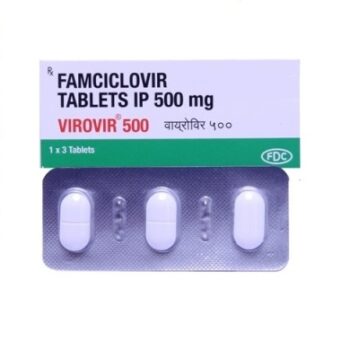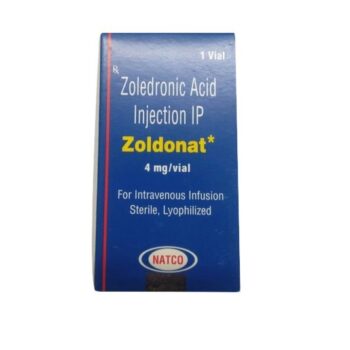Antiviral Medicine
Showing all 10 results
Antiviral medicine
Antiviral medicine help the body in fighting harmful viruses. They can ease symptoms and reduce the length of any viral infection. These drugs lower all risks of getting or spreading viruses causing HIV and herpes. One such approved drug treats the coronavirus causing COVID-19.
What are antiviral medicines?
Antiviral medicine are that aid your body in fighting off some viruses causing disease. These drugs are preventive. So they can give protection from getting viral infections or spreading any virus to others.
How do they work?
These drugs work differently depending on the drug and type of virus. They can:
- Block receptors. Thus viruses are unable to bind. They cannot enter healthy cells.
- Boost your immune system. They help in fighting a viral infection.
- Lower virus amount in the body
What do Antiviral medicine treat?
Most viruses will clear up without any such drugs. Doctors recommend them for treating chronic viral infections or life-threatening ones, such as:
- Ebola
- Covid-19
- Flu
- Hepatitis B and C
- Genital herpes
- HIV
Can Antiviral medicine cure viral infections?
They can ease symptoms. These drugs shorten how long you are unwell with viral infections such as Ebola and flu. They can remove viruses from your body.
Viral infections such as hepatitis, herpes, and HIV are chronic. These drugs cannot get rid of the virus that is present in your body. Yet they can make the virus inactive. So you will have few symptoms. While taking these drugs, if symptoms develop, they may be less severe or fade away quickly.
Can they prevent viral infections from spreading?
Yes. These drugs can keep you from getting certain viral infections. It is after a known or suspected exposure. For example, using specific antivirals:
- If you are pregnant, these drugs reduce the risk of a mother passing HIV to her new-born
- Daily minimizes the risk of giving HIV or herpes to others or getting HIV from your infected partner.
- They can reduce the chances of getting infected within 72 hours of a potential HIV exposure.
- They may keep you from falling sick within 48 hours of exposure to the flu virus.
How to take them?
Most antivirals are oral drugs. You can swallow them. Yet you may receive them as:
- Inhaled powder
- Eyedrops
- Topical ointments or creams
- IV into a vein
- Injection into a muscle
How long do you require to take them?
The length of the treatment varies depending on the drug and viral infection. You may require a dosage of an IV drug or one week of an oral drug.
People having chronic ailments such as HIV may use daily antivirals for life. The regimen of this drug prevents the virus from becoming active. It can stop the virus from infecting others.
Side effects
Their side effects vary depending on the type of drug and dosage. You may be experiencing the following:
- Dry mouth
- Cough
- Dizziness
- Diarrhea
- Fatigue
- Insomnia
- Headache
- Skin rash
- Joint or muscle pain
- Nausea
- Vomiting
These drugs can treat some viruses. They can put an end to all symptoms. People with chronic viral infections can prevent the virus from multiplying and causing problems. The drug lowers all chances of spreading the virus to others. Doctors may prescribe the drug as a preventive measure if there is known exposure to the virus. Using these drugs for long or failing to use them as suggested can cause antiviral resistance.

